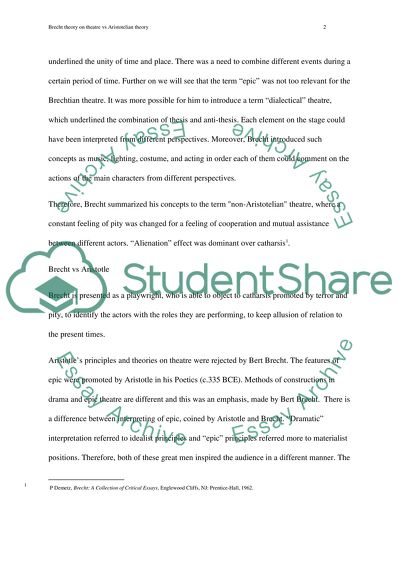Cite this document
(“Brecht's Theory and Practice to Aristotle's Theory Essay”, n.d.)
Brecht's Theory and Practice to Aristotle's Theory Essay. Retrieved from https://studentshare.org/literature/1443272-discuss-the-relations-between-brechtyies-theory
Brecht's Theory and Practice to Aristotle's Theory Essay. Retrieved from https://studentshare.org/literature/1443272-discuss-the-relations-between-brechtyies-theory
(Brecht's Theory and Practice to Aristotle'S Theory Essay)
Brecht's Theory and Practice to Aristotle'S Theory Essay. https://studentshare.org/literature/1443272-discuss-the-relations-between-brechtyies-theory.
Brecht's Theory and Practice to Aristotle'S Theory Essay. https://studentshare.org/literature/1443272-discuss-the-relations-between-brechtyies-theory.
“Brecht's Theory and Practice to Aristotle'S Theory Essay”, n.d. https://studentshare.org/literature/1443272-discuss-the-relations-between-brechtyies-theory.


